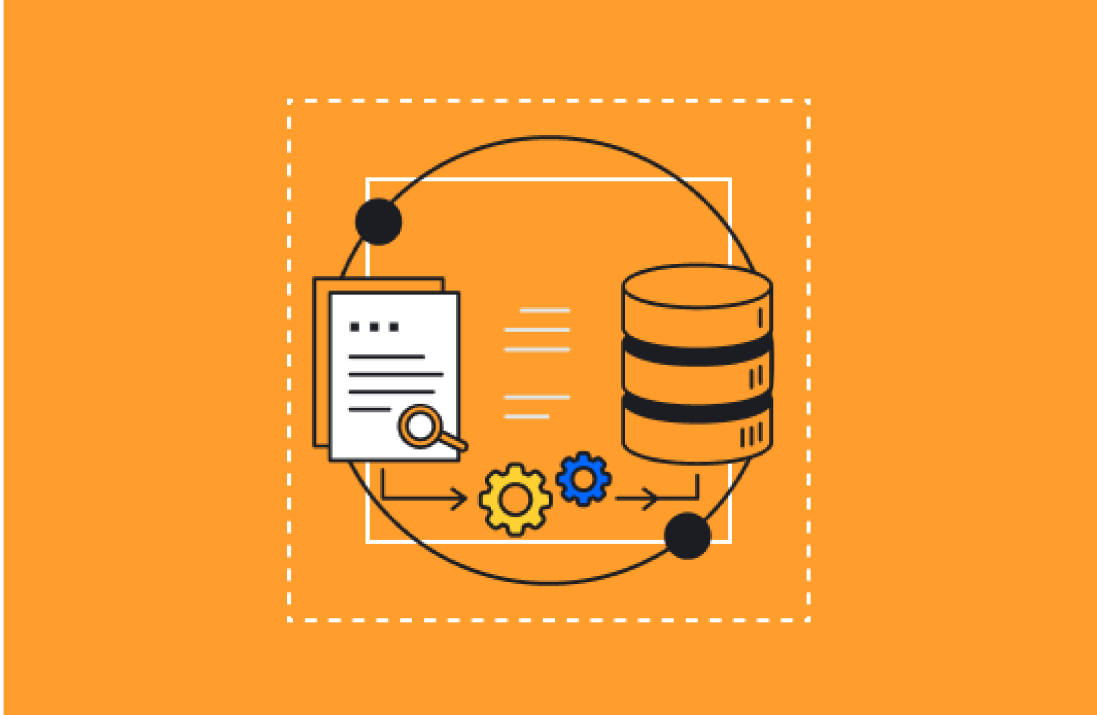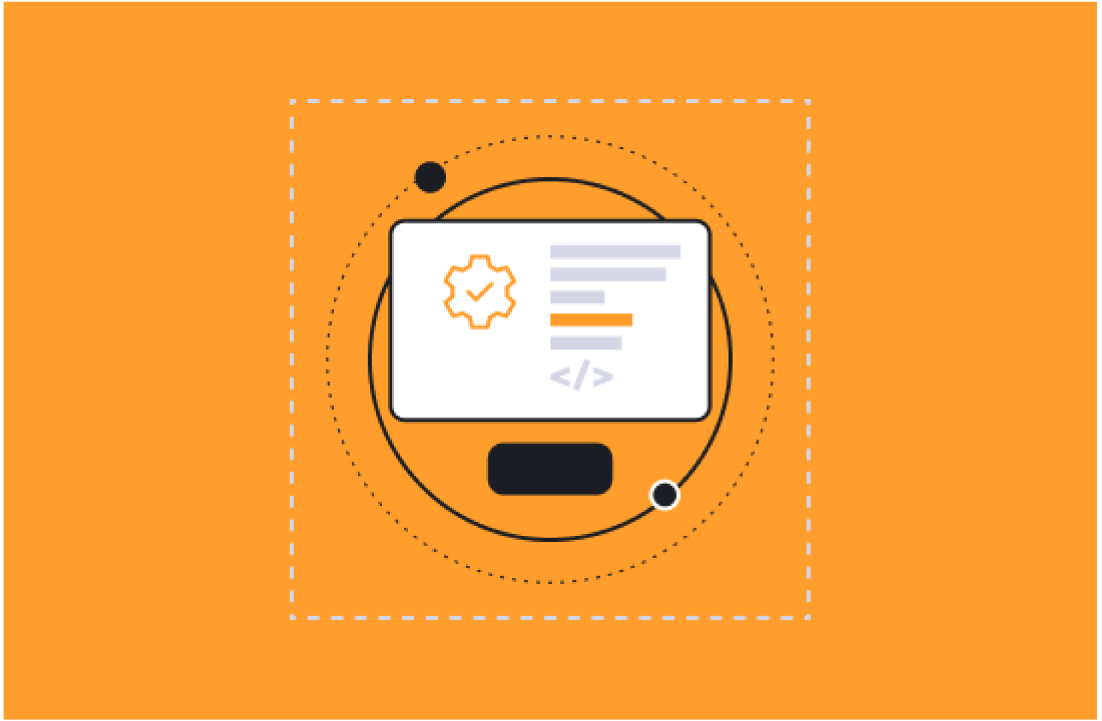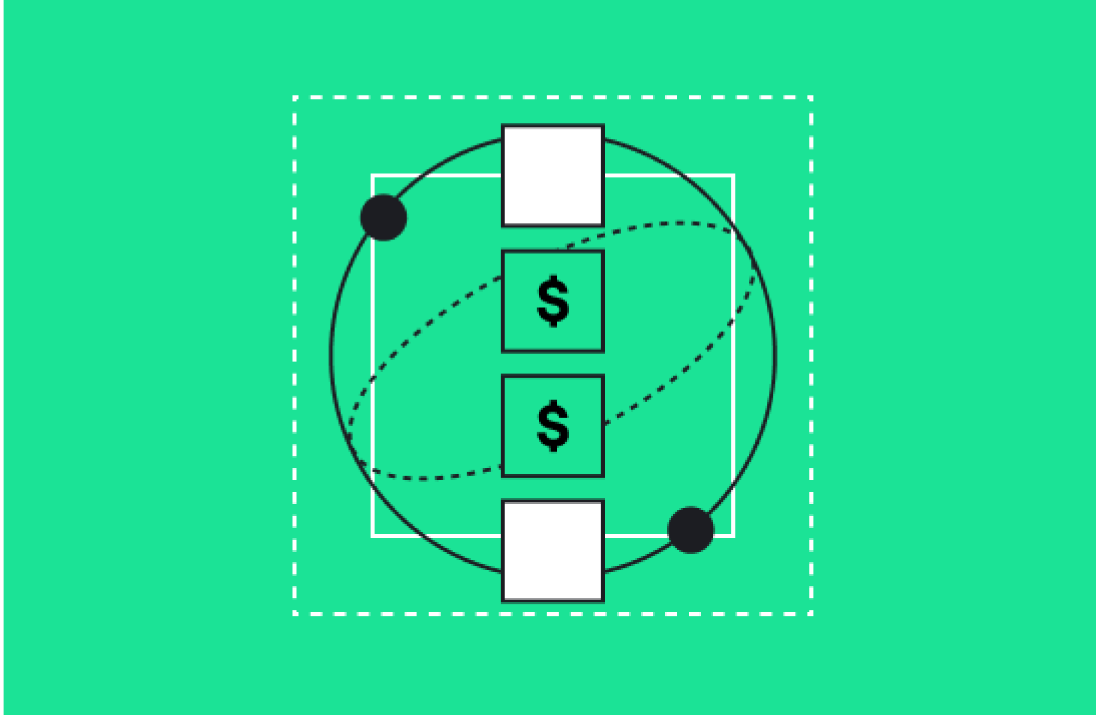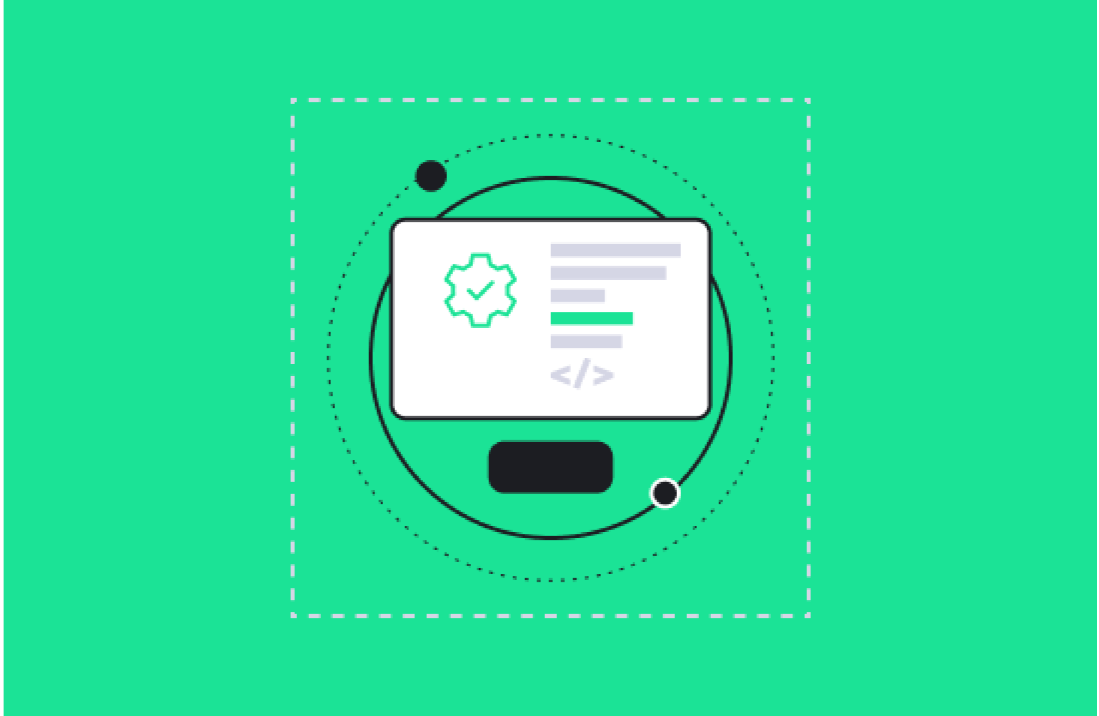HubSpot recently revealed the single most important feature they’ve ever released, and it's now live in their enterprise portals. I’m referring, of course, to custom objects, which HubSpot announced on September 22nd, 2020.
If you’re still unfamiliar with this feature, don’t sweat it. Here, I’ll outline what a custom object is, how it can help your business, and why this development is game-changing for HubSpot, their partners, and anyone in their ecosystem.
What Is a Custom Object?
HubSpot defines custom objects as objects that “can store and structure almost any type of data in HubSpot” and can be “used seamlessly across the HubSpot platform in tools like reporting and workflows.”
The easiest way to think about an “object” is to imagine a spreadsheet. If you have a list of “companies” and a list of “contacts,” each type of thing you’d store data about is an object. So, each row on that spreadsheet represents a “record” of a specific object.
Natively in HubSpot, users only have four objects to work with. These are:
- Contacts
- Companies
- Deals
- Tickets
These core CRM objects allow users to track information and manage business processes by adding fields and automations to these objects, but only up to a point.
Before now, users were restricted to only these four objects and their associated features, nothing more.
This made HubSpot a great mid-market CRM, as it enabled companies to manage the companies they work with, the people who work with them, their sales processes, and their processes for supporting customers and resolving issues (i.e. ticketing).
In the past, enterprise companies with more robust needs were forced to either buy other software platforms to integrate with HubSpot or look for more robust enterprise software. Some of the most popular platforms were Salesforce, SAP, and NetSuite—all great products, but they aren’t HubSpot.
How Do Custom Objects Help Me?
Custom objects bring HubSpot to the enterprise level. They enable HubSpot users to add new features to their HubSpot instance far beyond those that are included in the platform. In other words, you can use custom objects to dramatically extend the business workflows that are already built into the CRM.
For example, you could build out a “shipping” object to track what products are being shipped and the dates they will arrive. You can use that object in conjunction with the deals object to manage what has already been sold.
HubSpot customers can also use custom objects to add entirely new features to the platform. You could add an “onboarding” object, which the customer success team could use to track their progress and effectiveness getting customers live on their software.
Meanwhile, developers can now create objects to store data inside of HubSpot from their own software tools. This can allow for more robust integrations than are on the market today.
Custom objects even allow HubSpot to service customers who have businesses that require more complex relationship management needs—industries such as real estate. Real estate firms can use custom objects to store relationships like properties and their owners or leasing agents and the buildings they represent.
With a little innovation, custom objects can help you map out almost any type of business process you want, right in HubSpot.
What makes this so exciting is that these objects work out of the box with HubSpot’s powerful native features, like Workflows, Lists, and Emails. Users can create automations based on custom object data, segment their contacts by leveraging their custom object associations, and insert dynamic tags into their emails based on the information within the objects themselves, just as they would with the standard HubSpot objects that come native to the platform.
Is it Time to Switch to HubSpot?
Historically, custom objects and features like it have been the secret sauce of Salesforce, which is still the leader in enterprise CRM software. Salesforce’s custom object solution has enabled them to provide unprecedented levels of extensibility and customization to their customers.
Salesforce is also accompanied by a massive ecosystem of consulting partners, including big names like IBM, Accenture, and Cap Gemini. All these partners help organizations get the most out of their Salesforce deployments.
But it’s custom objects that have allowed Salesforce customers to build entire products on top of their platform. Products like Veeva and Workday are prime examples.
Now that HubSpot has a custom objects feature, it’s likely that many more businesses will adopt the HubSpot platform. It’s safe to assume that there are many companies out there who would love to use custom objects in conjunction with HubSpot’s already robust set of features.
To date, HubSpot has built a world-renowned brand and has accumulated over 73,000 customers. By tapping into their ecosystem of partners, consultants, and app developers, HubSpot has now expanded its offering to meet the needs of any business.
Custom objects make HubSpot a true enterprise CRM competitor and remove any limitations on the platform as a tool. The development has shifted the company beyond cloud-based marketing software. It is now a true cloud platform for businesses to built upon, partners to specialize in, and developers to continue to expand upon.
Leverage HubSpot and Custom Objects with Aptitude 8
That’s why Aptitude 8 has focused on HubSpot as a core partner for our business. It’s also why we encourage enterprise customers, consulting firms, and app developers to build on HubSpot with us.
The opportunity to make waves in the HubSpot ecosystem has opened in an unprecedented way thanks to custom objects. We’re excited to be a top-tier partner for custom object development, and we look forward to growing the capabilities of this game-changing platform in the future.
If you’re new to HubSpot or interested in leveraging custom objects to benefit your business, you don’t have to waste time with trial and error. As a HubSpot partner, Aptitude 8 is in a unique position to help you unlock the capabilities of this dynamic platform.
Contact Aptitude 8 today to find out how we can help.






